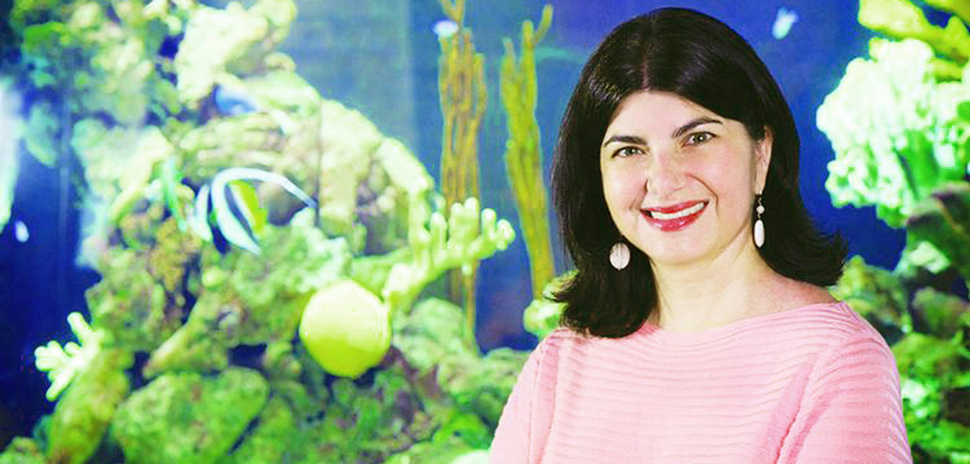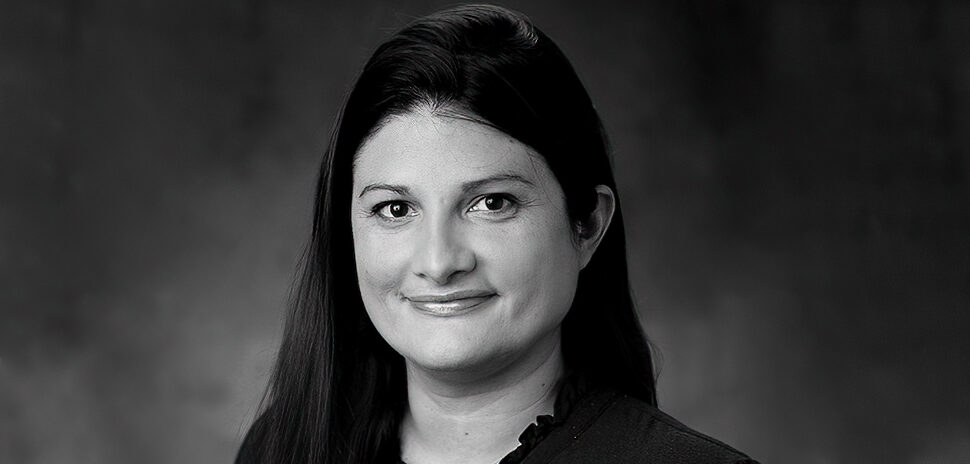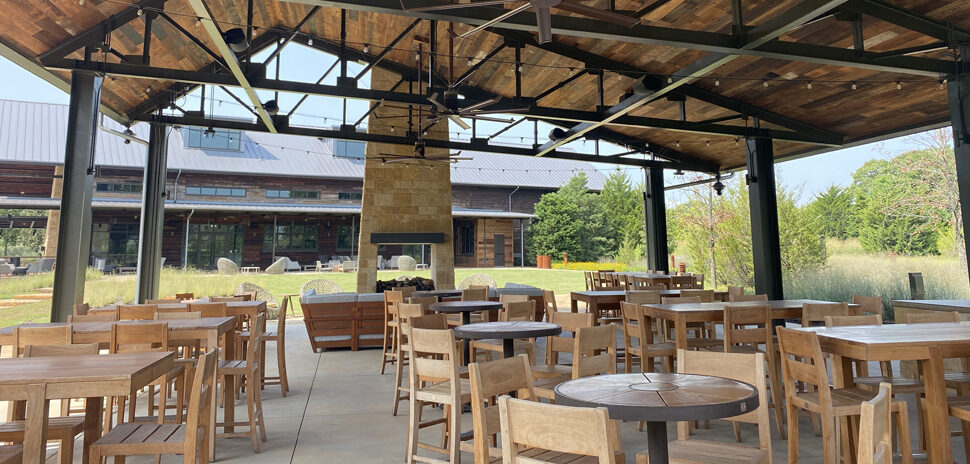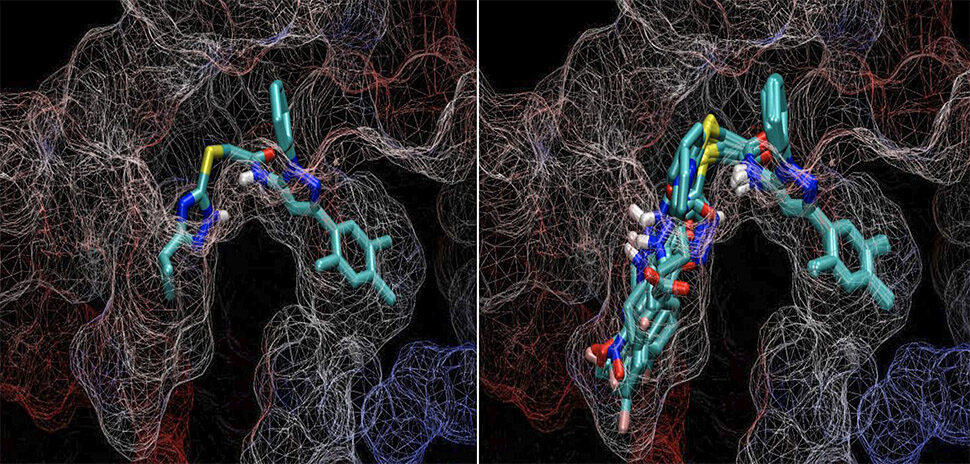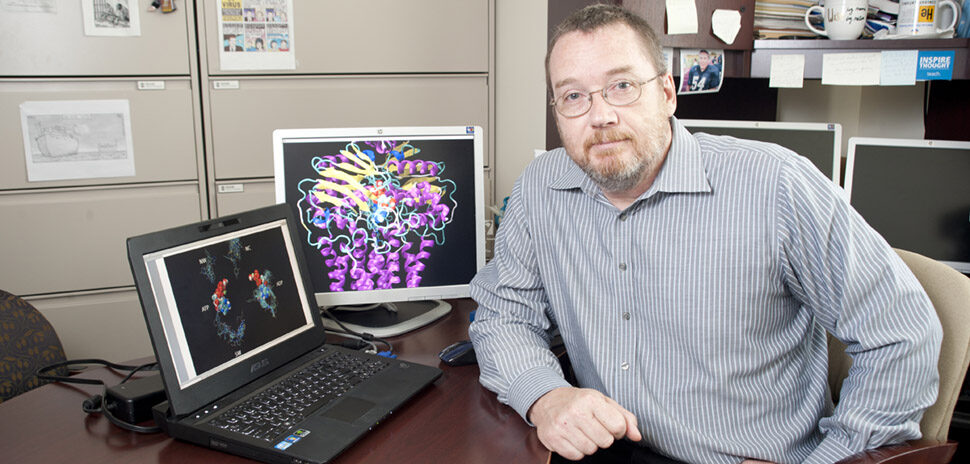![]() Every week, we do a little research of our own. We’re looking for scientists, professors, engineers, entrepreneurs—anybody, really—engaging in research and development across North Texas.
Every week, we do a little research of our own. We’re looking for scientists, professors, engineers, entrepreneurs—anybody, really—engaging in research and development across North Texas.
There’s plenty of good work being done. If you want to put R&D under your microscope, sign up for our e-newsletter.
UTA researcher works to address coral reef disease
A deadly disease is attacking the beautiful coral reef communities in the U.S. Virgin Islands, and UT Arlington biology professor Laura Mydlarz is a co-investigator for collaborative project to address the problem.
UT Arlington is one of five institutions working together on the project called “Predicting the Spread of Multi-Species Coral Disease Using Species Immune Traits.”
UTA said the project’s goal—funded by a $200,000 grant from the National Science Foundation’s Division of Ocean Sciences—is to produce a model that will predict the impact of multi-species disease spread on reefs, based on coral species groups.
“My lab will assess immunity and disease resistance in coral based on a unique combination of immune phenotypes including expressed genes and protein activity,” Mydlarz said in a statement. “This approach of full transcriptome sequencing, paired with analysis models that include organismal phenotypes, will allow us to build pathways and turn groups of genes into immune traits.”
Coral reefs in the Caribbean face a rising threat from coral diseases. This year, a multi-species rapid tissue loss disease that matches stony coral tissue loss disease was discovered to be badly affecting a reef off the southwest coast of St. Thomas in the U.S. Virgin Islands.
Find out more about the collaborative research effort here.
SMU researchers successfully test chemotherapy approach
A new approach used by researchers at SMU’s Center for Drug Discovery, Design and Delivery (CD4) could lead to a more effective way to treat cancers resistant to treatment.
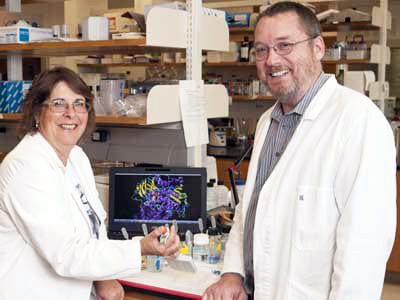
Pia Vogel and John Wise [Photo: Courtesy SMU]
The researchers successfully lab tested the use of chemotherapy with a specific protein inhibitor so that the chemotherapeutic medication is better absorbed by drug-resistant cancer cells without harming any healthy cells.
A mix of drugs is often used to shrink tumors or halt them from spreading throughout the body.
Healthy cells often are killed in the process, because chemotherapy is toxic and causes harsh side effects for cancer patients. And, many cancers can learn how to resist chemotherapy, making it less effective.
“When multi-drug resistance evolves, this leaves the patient with a very poor prognosis for survival and the oncologist with few, if any, effective tools, such as chemotherapy medicines, to treat what is very likely an aggressive and/or metastatic cancer at this point,” John Wise, associate professor in the SMU Department of Biological Sciences and co-author of a study on the findings that published Friday, said in a statement.
Much of the research led by Wise and CD4 director Pia Vogel focuses on a class of proteins known as ABC transporters, a key factor in why many cancers resist chemotherapy. You can find out more about the research here.
McKinney scientist invited to join Scientific Advisory Council
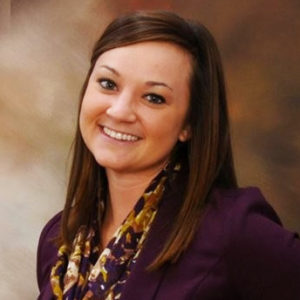
Seneca Fitch
A McKinney-based scientist with Texas-based ToxStrategies has been invited to join the Scientific Advisory Council by the Evidence-Based Toxicology Collaborative.
ToxStrategies’ scientific consultant, Seneca Fitch, supports the evaluation of potential health effects of a wide variety of consumer products, food additives, and industrial chemicals. She does so using the application of evidence-based methods developed to objectively identify, integrate, and characterize scientific data from a variety of sources.
In an extension of this work, Fitch has developed a proprietary toolbox to assist in managing the rapidly expanding scientific landscape, while keeping a pulse on regulatory status and consumer perspectives related to environmental health.
A multidisciplinary scientific consulting firm, ToxStrategies works to develop innovative solutions that address the scientific, technical, and regulatory challenges confronting its clients.
Fitch will serve a three-year term in the Advisory Council, in addition to being involved within the organization’s Tox21 working group.
The Scientific Advisory Council is an international group of scientists from varied organizations such as NGOs, government agencies, industry, and academia. Its members offer their expertise in evidence-based methods, participate in projects, and advise the organization’s board of directors on new research areas and other relevant issues.
READ NEXT
Discovery: UT Southwestern Earns Top Ranking, UNT Prof Helps Unravel Disease’s Genetic Risk Factors
![]()
Get on the list.
Dallas Innovates, every day.
Sign up to keep your eye on what’s new and next in Dallas-Fort Worth, every day.










